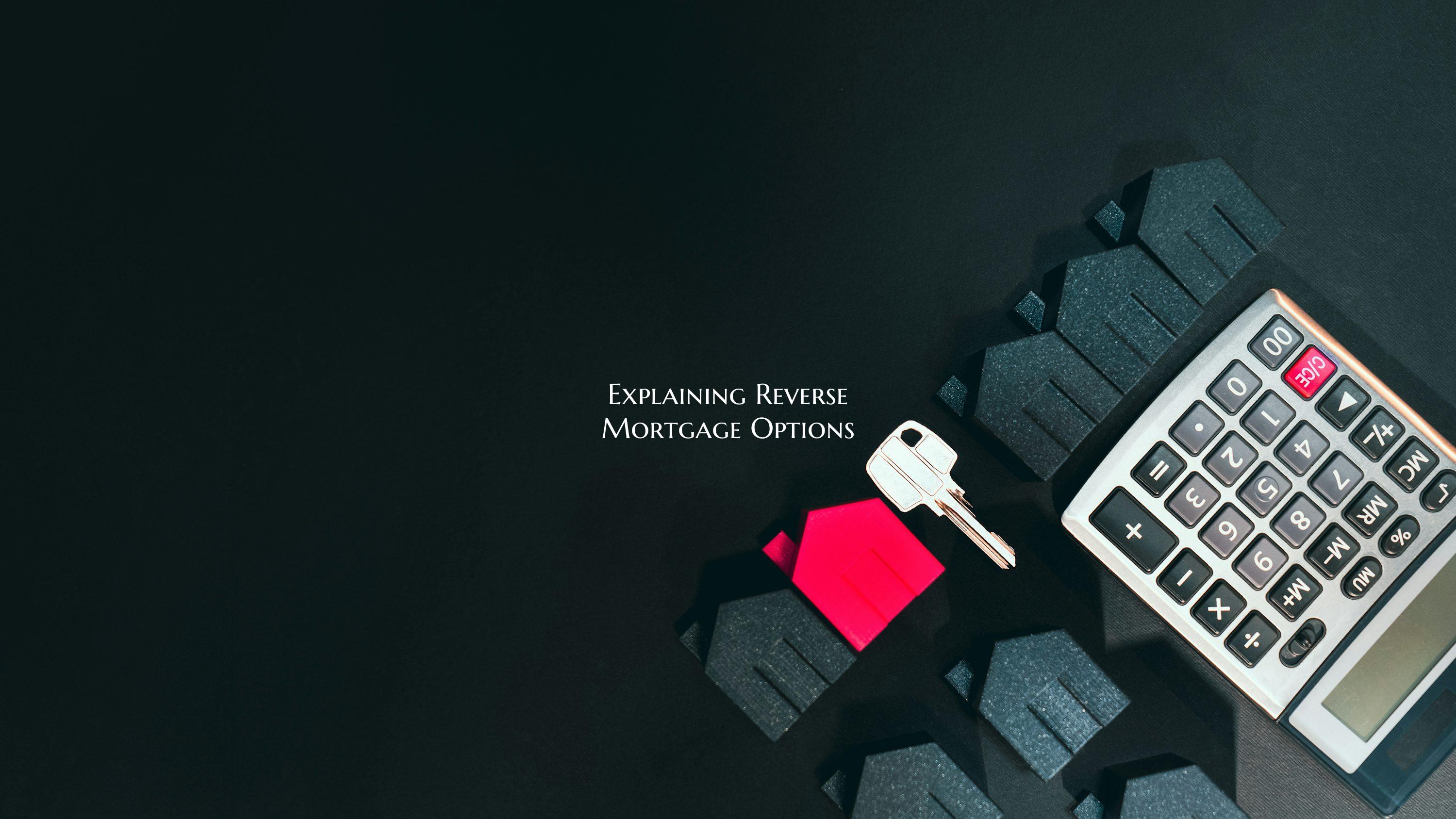Explaining Reverse Mortgage Options

Reverse mortgages provide retirees with the opportunity to leverage the equity in their homes to secure a steady income stream during retirement. By understanding the various options available with reverse mortgages, individuals can make informed decisions that best suit their financial goals and lifestyle needs.
1. Types of Reverse Mortgages: - Home Equity Conversion Mortgage (HECM): The most common type of reverse mortgage insured by the Federal Housing Administration (FHA). It offers flexible eligibility requirements and payout options. - Proprietary Reverse Mortgages: Offered by private lenders and typically available for high-value homes. They may have different terms and eligibility criteria compared to HECM loans. - Single-Purpose Reverse Mortgages: Offered by state and local governments or nonprofits for specific needs, such as home repairs or property taxes.
2. Payout Options: - Lump Sum: Receive a one-time payment at closing. - Term Payments: Receive fixed monthly payments for a specified period. - Tenure Payments: Receive fixed monthly payments for as long as you live in the home. - Line of Credit: Access funds as needed up to a predetermined limit. - Combination: Choose a combination of the above payout options.
3. Eligibility Criteria: - Age Requirement: Typically, you must be at least 62 years old to qualify. - Homeownership: You must own your home outright or have a low mortgage balance. - Financial Assessment: Lenders will evaluate your financial situation to ensure you can pay property taxes, insurance, and maintenance costs. - Home Condition: Your home must meet certain standards for habitability.
4. Repayment: - Repayment is usually not required until the borrower moves out of the home, sells the property, or passes away. - The loan balance, including accrued interest and fees, is usually repaid from the sale of the home. Any remaining equity belongs to the borrower or their heirs.
5. Benefits of Reverse Mortgages: - Supplement Retirement Income: Receive funds to cover expenses or enhance your standard of living. - No Monthly Mortgage Payments: Reduce financial stress by eliminating monthly mortgage payments. - Stay in Your Home: Retain ownership and continue living in your home for as long as you want.
Understanding the different reverse mortgage options is essential for retirees looking to tap into their home equity as a retirement planning strategy. By exploring the types of reverse mortgages, payout options, eligibility criteria, repayment terms, and benefits, individuals can make an informed decision that aligns with their financial circumstances and goals. Consult with a financial advisor or reverse mortgage specialist to explore the best option for your specific needs.
